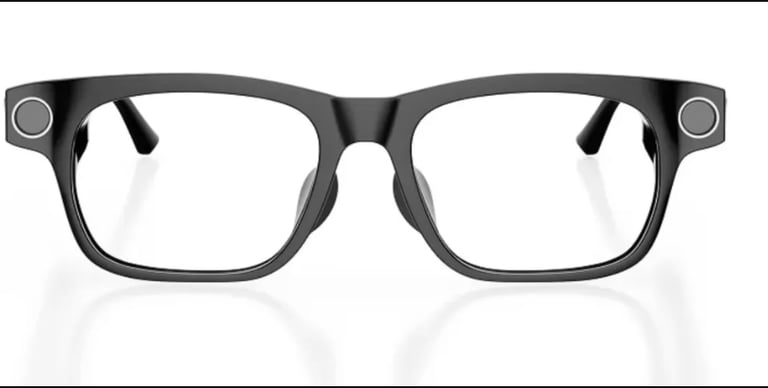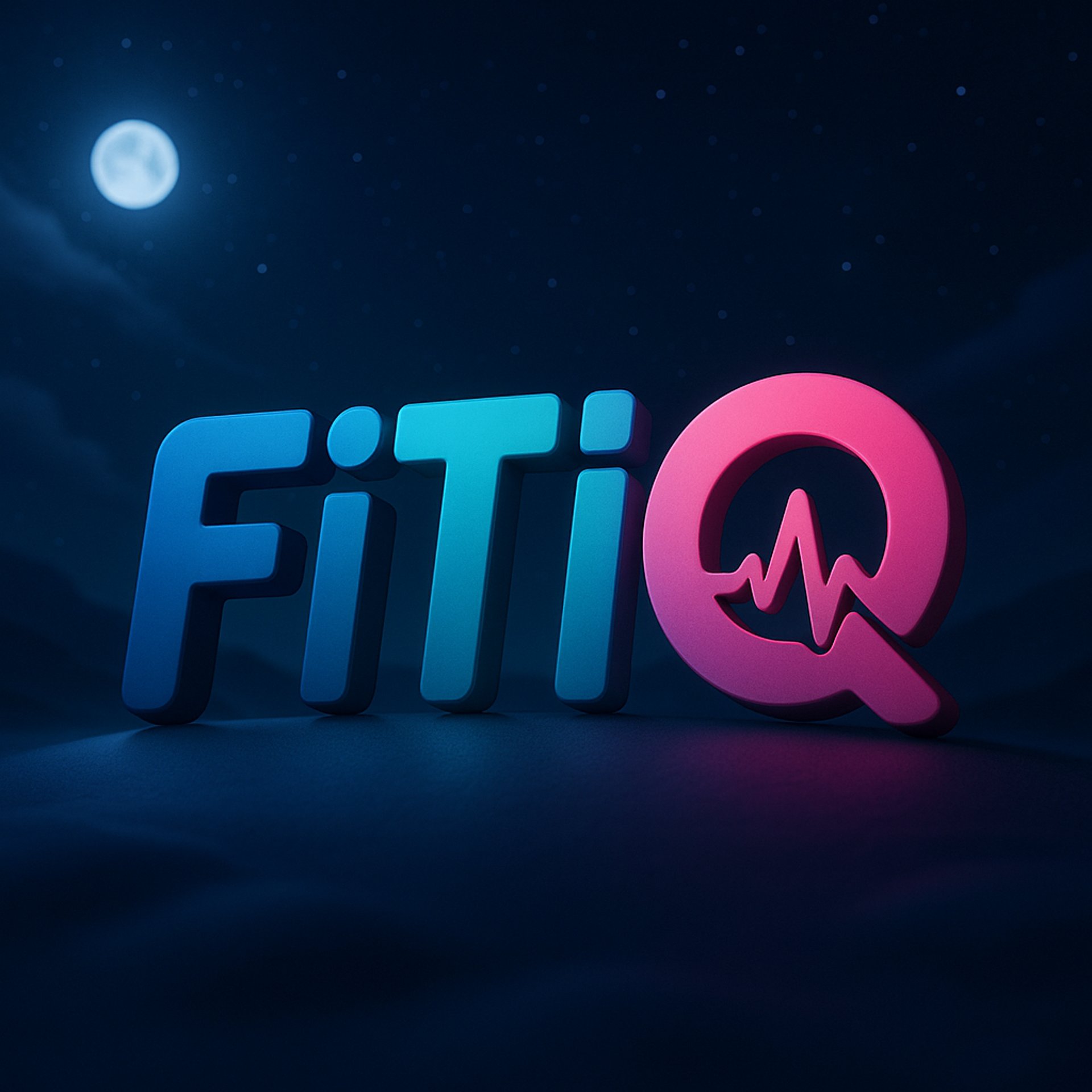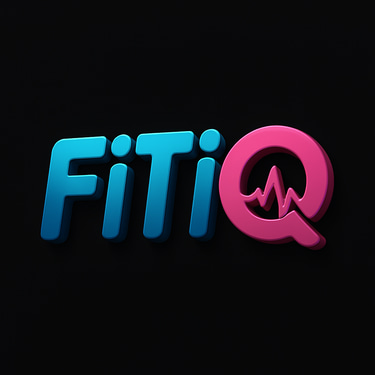"I Survived. I Lived. Then I Woke Up."
Smart Glasses
The smart glasses revolution is here, and it turns out the smartest thing about them might just be their focus on making the world a little more accessible, one conversation at a time.
HEALTH & WELLNESSTOOLS THAT ARE VERY USEFULLPRODUCT REVIEWS
Christopher J
8/18/20254 min read


Smart Glasses: Finally Seeing the Future Clearly
Remember when smart glasses meant looking like a cyborg reject from a bad sci-fi movie? Well, grab your popcorn because the plot just got a major rewrite. While tech giants have been playing around with flashy AR features and making us look like we're perpetually searching for WiFi signals, a quiet revolution has been brewing in the accessibility world. And honestly, it's about time someone figured out that the coolest tech isn't always the flashiest tech—sometimes it's the tech that actually helps people live better lives.
The Unlikely Heroes Enter the Scene
Meet the Ally Solos smart glasses, the result of what happens when two companies—Solos and Envision—decide to stop chasing the next Instagram filter and start solving real problems. These lightweight smart glasses combine Solos' award-winning hardware with Envision's Ally AI assistant, specifically designed to help people who are blind or have low vision navigate the world more independently. Think of it as having a really smart friend who never gets tired of describing what's around you, except this friend fits on your face and runs on batteries.
The glasses connect to your smartphone and offer up to 15 hours of battery life with swappable battery stems—because nothing ruins independence like a dead battery at the grocery store. Users can simply talk to the glasses to read menus, recognize objects and people, describe surroundings, and even scan and read barcodes. It's like having a personal narrator for life, minus the dramatic voice-over and ominous background music.
The Price Tag Reality Check
Now, let's talk about the elephant wearing expensive glasses in the room. At $499 for pre-orders and a regular price of $699, these glasses cost significantly more than competing smart glasses. To put this in perspective, that's roughly the price of a decent smartphone, which might make you wonder if you're paying for the technology or for the privilege of looking like you're from the future. But here's the thing about assistive technology—you can't really put a price tag on independence, can you?
The cost reflects something important that's often overlooked in the tech world: building accessibility features from the ground up isn't cheap. While other companies treat accessibility as an afterthought—like adding captions to a movie after it's already filmed—Envision and Solos built these glasses with accessibility as the star of the show, not a supporting character.
The Market Goes Bonkers
Speaking of money, the smart glasses market is having what economists might call "a moment." The global smart glasses market was valued at around $1.93 billion in 2024 and is expected to grow at a CAGR of 27.3% through 2030. That's the kind of growth that makes investors do happy dances and competitors scramble to keep up. The market soared 210% year-over-year in 2024, largely driven by Ray-Ban Meta's AI-powered smart glasses.
But here's where the story gets interesting. While everyone's been focused on Ray-Ban Meta glasses helping people take cooler selfies and ask AI about their lunch, the real innovation might be happening in the accessibility space. It's like the tech equivalent of David and Goliath, except David has a really good business plan and Goliath is busy trying to figure out how to make sunglasses that can order pizza.
The Competition Landscape
The smart glasses arena looks like a cafeteria food fight right now, with everyone throwing different technologies at the wall to see what sticks. Major players include Meta, Vuzix, Seiko Epson, EssilorLuxottica, Amazon, TCL Electronics, Lenovo, Huawei, and Xiaomi. That's a lot of companies trying to convince us we need computers on our faces, each with their own vision of what "smart" looks like.
But here's the fascinating contrast: while most companies are focusing on entertainment, social media integration, or industrial applications, the Ally Solos glasses are carved out a niche that's both underserved and desperately needed. It's like everyone else is building race cars while Ally built the perfect wheelchair ramp—different goals, but arguably more important.
The Technology That Actually Matters
What makes these glasses special isn't just the AI—it's how the AI is implemented. The Ally AI assistant utilizes multimodal technology, combining camera input with advanced processing to provide a wide range of vision enhancements. Think of it as giving artificial intelligence eyes and then teaching it to be the world's most helpful tour guide.
The real magic happens in the everyday moments. Imagine being able to walk into a restaurant and have your glasses read the menu aloud, or being able to identify whether that thing you're reaching for is actually the salt or the sugar. The glasses can translate text, identify objects, check schedules, and describe surroundings—all through simple voice commands. It's like having a Swiss Army knife for vision, except it's socially acceptable to wear in public.
The Bigger Picture
What's happening here isn't just about one product or one company. It's about a fundamental shift in how we think about technology's role in society. For too long, the tech industry has operated under the "build it and they will come" philosophy, creating solutions for problems that wealthy, young, tech-savvy people might have on a particularly boring Tuesday.
The Ally Solos glasses represent something different: technology that starts with human need rather than technical capability. It's the difference between asking "What cool thing can we make this camera do?" and "How can we help someone navigate their world more confidently?" One approach gives you glasses that can take pictures of your coffee; the other gives you glasses that can help someone live more independently.
Looking Ahead
With rumors swirling about Apple potentially entering the smart glasses market with their massive iPhone user base, the competition is about to get even more interesting. But regardless of which tech giant eventually dominates the market, the Ally Solos glasses have already won something more valuable than market share—they've proven that the most revolutionary technology isn't always the flashiest.
As we stand at the intersection of artificial intelligence and accessibility, products like the Ally Solos glasses remind us that the future of technology isn't just about making life more convenient—it's about making life more possible for everyone. And in a world where technology often feels like it's designed to distract us from real life, isn't it refreshing to see technology that helps people engage with the world more fully?
The smart glasses revolution is here, and it turns out the smartest thing about them might just be their focus on making the world a little more accessible, one conversation at a time.


Do you have a life changing story and want to help others with your experience and inspiration. Please DM me or Send me an email at the links below
Contact Me
© 2025. All rights reserved.
Privacy Policy
